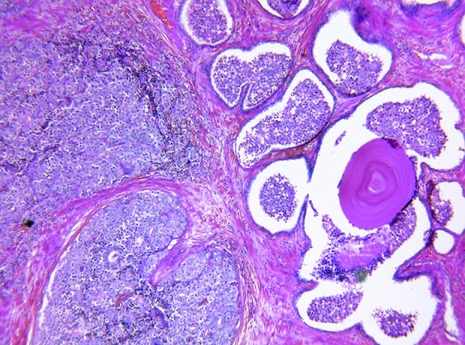New UCL-developed immunotherapy shows promising results in treating bone cancer
June 5, 2024
Source: drugdu
 237
237
 Bone cancer affects more than 150,000 people in the UK and is often resistant to chemotherapy
Bone cancer affects more than 150,000 people in the UK and is often resistant to chemotherapy
A new type of immunotherapy developed by researchers from University College London (UCL) has demonstrated promising preclinical results in treating bone cancer.
Published in Science Translational Medicine, the OPS-gdT treatment platform outperformed conventional immunotherapy when controlling the growth of osteosarcoma, a form of bone cancer.
Affecting more than 150,000 people in the UK, cancer that begins or spreads to the bones is hard to treat as it is frequently resistant to chemotherapy and is the leading cause of cancer-related death.
Researchers used a small subset of immune cells known as gamma-delta T (gdT) cells, a type of immune cell that can be made from healthy donor immune cells, to provide an efficient and cost-effective solution for treating this condition.
gdT cells work to kill antibody-labelled targets safely from person to person without risking graft-versus-host disease.
Using blood samples taken from a healthy donor, researchers engineered gdT cells to release tumour-targeting antibodies and immune-stimulating chemicals known as cytokines before being injected into patients with cancer in the bone.
In mouse models of bone cancer, researchers tested OPS-gdT and found that it outperformed conventional immunotherapy when controlling osteosarcoma growth.
Additionally, after injecting mice with gdT cells that had not been engineered, along with an anti-tumour antibody, OPS-gdT cells, a bone sensitising drug and CAR T-cells, they found that OPS-gdT cells were most effective when partnered with the bone sensitising drug.
The team observed that the treatment prevented the tumours from growing in mice, leaving them healthy three months later.
Researchers are now generating data on the effectiveness of OPS-gdT cells in secondary bone cancer and plan to advance towards an early-phase clinical trial within the next couple of years, using patients with secondary cancers.
Lead author, Dr Jonathan Fisher, UCL Great Ormond Street Institute of Child Health and UCL Hospitals NHS Foundation Trust, commented: “This is an exciting step forward in finding a potential new treatment.
“Our hope is that not only will this treatment work for osteosarcoma but also other adult cancers.”
https://pharmatimes.com/news/new-ucl-developed-immunotherapy-shows-promising-results-in-treating-bone-cancer/
By editorRead more on
- China Sino Biopharmaceutical Signs Exclusive Licensing Agreement with Sanofi for Rofalcitinib March 4, 2026
- Gan & Lee Pharmaceuticals’ new PROTAC drug GLR2037 tablets have been approved for clinical trials to enter the field of prostate cancer treatment March 3, 2026
- AideaPharmaceuticals plans to raise no more than 1.277 billion yuan through a private placement to focus on the global clinical development of innovative HIV drugs March 3, 2026
- Giant Exits! Its Star Business Acquired March 3, 2026
- Focusing on cardiovascular and cerebrovascular diseases! OpenMediLead Medical Intelligence Dual Engines Launch Internal Testing, Connecting Drug Development and Clinical Diagnosis in a Closed Loop March 3, 2026
your submission has already been received.
OK
Subscribe
Please enter a valid Email address!
Submit
The most relevant industry news & insight will be sent to you every two weeks.



